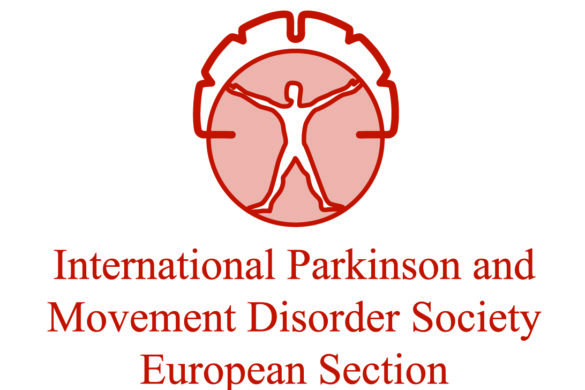by Raphael Wurm
Ah, sleeping! It is amazing how something everyone does could fly under the radar for such a long time. Or to put it as one of the speakers did: are you looking for an intervention that improves cognition, reduces inflammation, helps to lose weight, and improves mood and productivity? Well, of course, it’s sleep! Yet sleep was often neglected, even looked at as something we hoped we could one day abolish altogether in the name of improved productivity. Luckily, the focus on Brain Health is now leading to a renewed interest in sleep and its effect on neurological disorders. This symposium, held in collaboration with the European Sleep Research Society and chaired by Ambra Stefani (University of Innsbruck) and Tiago Fleming Outeiro (University of Göttingen), set out to untangle the complicated relationship between sleep and neurodegenerative disorders.
Tiago Outeiro, an expert on neurodegeneration and the molecular mechanisms of protein misfolding started us off with a comprehensive overview of the many ways protein assembly can go wrong, leading to disorders such as Parkinson’s or Alzheimer’s diseases. While it might be an overstatement to say these aggregates are causal, they are nonetheless necessary conditions for these diseases. He then presented novel techniques to improve our understanding at the molecular level and introduced us to an important concept: the brain appears to be doing some kind of housekeeping during sleep, getting rid of some of this misfolded rubbish.
He was followed by his co-chair Ambra Stefani, a leading expert on disorders of sleep and their link to neurodegeneration. She took over where Tiago Outeiro left off, showing a trove of evidence that lack of sleep is a risk factor – and perhaps a causal factor – for the development of various neurodegenerative diseases. Unless, however, you sleep way too much. Not unlike other fields of medicine, sleep duration and risk for neurodegeneration appears to follow a J-shaped curve, with both too little and too much self-reported sleep putting you at risk for disease. She highlighted that improving sleep could serve as a neuroprotective strategy, potentially delaying the onset of neurodegenerative diseases, and she introduced the concept of sleep diplomacy – a call to action to educate our patients and the public about the importance of sufficient high-quality sleep.
Next was Claudio Liguori from Rome, who was tasked to answer the very complex question: what was first, neurodegeneration or sleep disorders? He introduced us to the early changes in sleep patterns that precede Alzheimer’s disease, such as sleep apnoea. Alas, as so often in our field, the answer was not clear cut. There is a bidirectional relationship between sleep disorders, suggesting that sleep disruptions could both contribute to and result from the disease. Echoing points from the previous talks, he backed up this association with a lot of data on biomarkers of diseases that rise when sleep quality or duration falls. Intriguingly, sleep efficiency more than total duration seems to be important for this. REM sleep, especially, should be targeted as an interventional goal to reduce the burden of dementia.
Lastly, Femke Dijkstra (University of Antwerpen) brought us back to a much more familiar relationship: disorders of REM sleep and the presence of synucleopathies. If it appears in isolation, it is very often the first and highly specific sign of future disease, i.e. Parkinson’s disease, dementia with Lewy bodies, or much rarer, multisystem atrophy. She highlighted that wearables (including those many of us already carry on our wrists) can be used to gather important data and that RBD will play a role in a future biological definition of synucleopathies. Since biomarkers are now increasingly available for these diseases, she envisions a future in which patients with isolated RBD would be ideal candidates for neuroprotective trials, since early intervention appears to be most effective in these diseases.
If reading about all of this made you sleepy, I suggest you take a nap, which appears to be healthy, and quite frankly wonderful. If not, keep in mind that good sleep starts with good sleep hygiene: a dark, calm, and cool room. If you can, reduce distraction and food intake in the hours before falling asleep, and try to follow a routine for getting your body ready to sleep. While the science might not be able to fully explain why, it is obvious that sleep is the lowest-hanging fruit for Brain Health improvement in societies that have long idealised those who sleep the least. I am hopeful this will soon change, and we can all get the seven to eight hours most of us crave.












